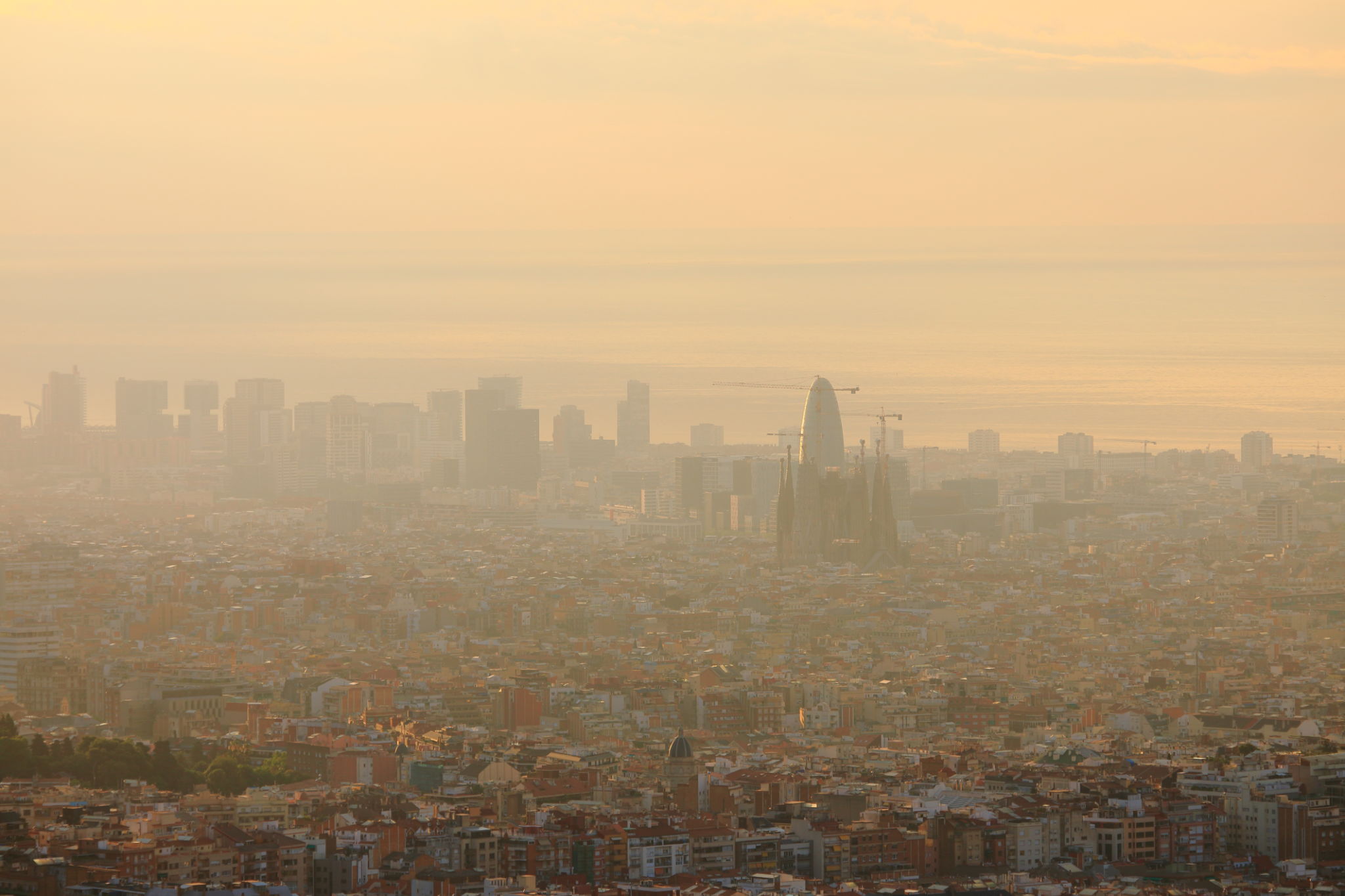How Weather in Barcelona Affects Audio Mastering and Recording
Understanding Barcelona's Weather
Barcelona, known for its vibrant culture and stunning architecture, also presents unique challenges and opportunities for audio mastering and recording. The city's Mediterranean climate is characterized by hot, humid summers and mild, wet winters, which can significantly impact the acoustics and equipment used in audio production.

The Impact of Humidity on Equipment
Humidity is a crucial factor to consider in Barcelona. High humidity levels can lead to condensation, which can damage sensitive audio equipment like microphones, mixers, and recording consoles. It's essential for studios to invest in proper climate control systems to maintain a stable environment. Dehumidifiers and air conditioning units are often necessary to keep humidity levels in check and protect valuable equipment.
Effects on Recording Quality
Humidity can also affect the sound quality. High moisture content in the air can alter sound waves, impacting how they travel and are perceived. This can lead to distorted recordings or unexpected acoustic outcomes. Engineers need to account for these conditions during the recording and mixing processes to ensure the final product meets high-quality standards.
Temperature Fluctuations
Barcelona's temperature variations between seasons also play a role in audio production. During the hot summer months, studios must ensure that equipment does not overheat. Overheated gear can malfunction or produce noise interference, affecting the clarity of the recording. Conversely, cooler temperatures in winter require proper heating solutions to prevent equipment from becoming too cold, which can also impact performance.

Optimizing Studio Conditions
To mitigate these issues, studios in Barcelona often implement robust HVAC systems that provide both heating and cooling as needed. Additionally, regular maintenance checks are crucial to ensure that all equipment operates efficiently regardless of the weather conditions.
Acoustic Considerations
The weather can also influence the acoustics within a recording space. For instance, high humidity levels can cause certain building materials to expand or contract, potentially altering the acoustics of the studio. Soundproofing materials might need adjustment or replacement depending on how they react to these changes.
Adapting Acoustic Treatments
Audio engineers might have to adapt their acoustic treatments seasonally to maintain optimal sound quality. This could involve adjusting the placement of diffusers, absorbers, or bass traps to compensate for any acoustic anomalies introduced by weather-related changes.

Practical Tips for Musicians and Producers
For musicians and producers working in Barcelona, understanding these weather impacts is crucial. Here are some practical tips:
- Invest in Quality Equipment: Choose gear that withstands humidity and temperature changes.
- Regular Maintenance: Schedule routine checks to ensure all equipment is functioning correctly.
- Monitor Weather Conditions: Be aware of daily forecasts to anticipate any potential issues.
- Climate Control: Use dehumidifiers and air conditioners to manage studio conditions effectively.
Conclusion
While Barcelona's beautiful weather is a draw for many, it's essential for those in the audio industry to understand and adapt to its effects on recording and mastering. By implementing appropriate measures and staying informed, producers and engineers can ensure their projects achieve the desired sound quality regardless of external conditions.
